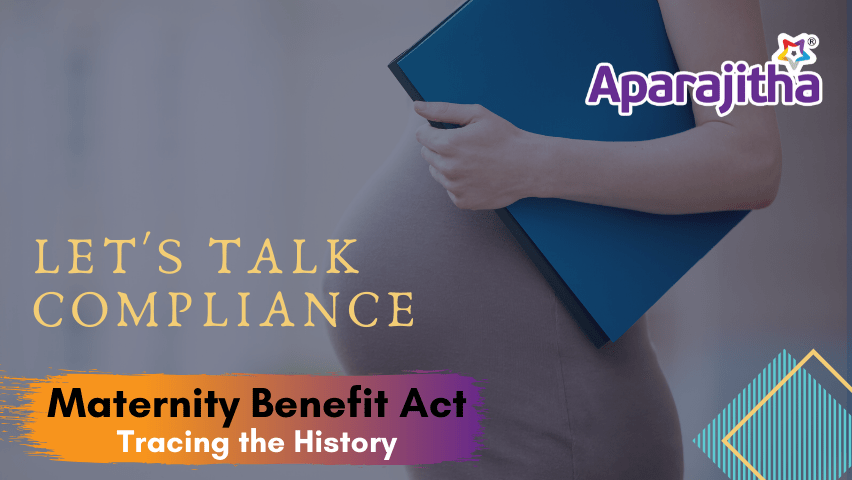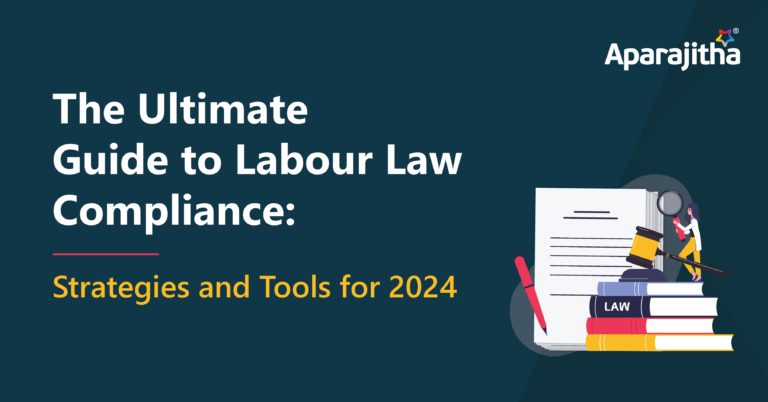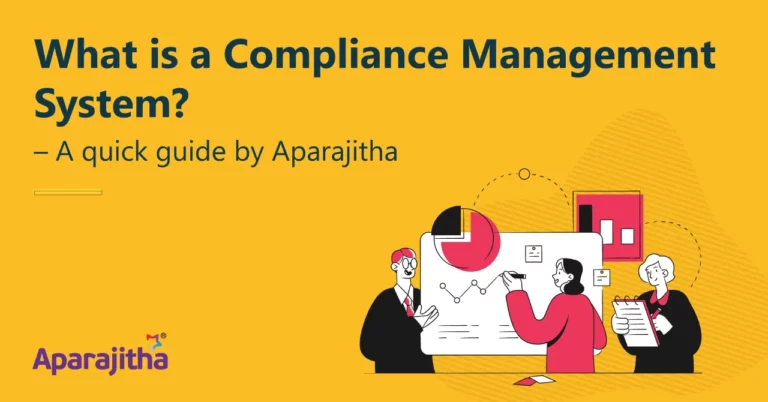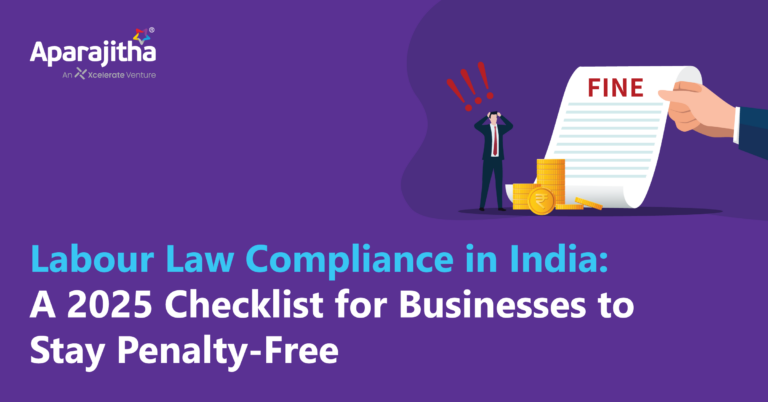Introduction of Bill
The Bombay maternity Benefit Bill was first introduced in 1929 in the Bombay legislative council. It was the first law established for working women in India. The legislation for working women has always remained a double-edged sword. The bill was first introduced in Bombay as it was a textile hub for India with more number of textile Industries with more female worker population. Since, after the introduction of the bill, the number of women workers was retrenched for two reasons, i.e., (1) Due to the introduction of the Maternity Benefit bill and (2) Restriction for engaging women workers in the night shift. In Pre–Independence era passing of labour legislation was significantly determined by colonial perspective as it had to cater to diverse interests, interests of the colonial state, metropolitan capital, the interests of Indian Business, nationalists Trade unionists and Philanthropists in Britain and India. A study on the high rate of infant mortality by Lady doctor Barnes, who was appointed by the British Government and she supported the maternity benefit scheme by quoting few reasons which included lack of medical care and nursing, defective sanitation, industrial employment of married women, delivery at the work premise in a poor unhygienic environment. Mill owners refused as they have to strive for the competition with the rest of the other countries like Britain and Japan, also considered any social welfare legislation as interests of the British Industry and to deliberately bring down the Indian textile Industry. They felt it as an additional burden to paying cotton cess and would destroy the textile industry.
Whose responsibility for providing benefit to women– State, Capital or husband?
⦿ N.M. Joshi (Trade unionist): Maternity Benefit Fund should be created through a tax on the whole of the industry and should be administered by the local Government.
⦿ M.K.Dixit: The husband and not the employer should be responsible.
⦿ BR Ambedkar: The burden of this ought to be largely borne by the Government because the conservation of the people’s welfare is primarily the concern of the Government.
With the above opinions shared, the bill was revised with the onus of responsibility of payment of maternity benefit on to the employers alone. As Employers felt it is extremely unfair it was amended by changing general tax on all factories to tax only those factories which engage women workers and the bill was passed. As per the recommendation of Royal Commission on labour in 1929, similar such bills were enacted in other provinces, based on that central Government brought the first central enactment Mines Maternity Benefit Act 1941 and other central legislations like ESI Act 1948 and Plantations Labour Act 1951, Working Journalists (Conditions of Service) and Miscellaneous Provisions Act, 1955 which had limited application.
Delayed enactment of the Maternity Benefit (post-Independence)
The Maternity Benefit Act, 1961 was enacted as per Article 42 of the constitution which states a humane working condition for pregnant women and keeping in view all the pre-constitution legislations and the revised ILO Maternity Protection Convention, 1952.
Further Amendments
⦿ 1972- In the event of the application of Employee State Insurance Act 1948 to any factory or establishment the Maternity Benefit Act would continue until they become qualified to claim the benefit. (Sec 5a of the Maternity Benefit Act inserted)
⦿ 1973- Circus Industry was covered (sec 1(iii) (a) was substituted)
⦿ 1976- Scope of Act further extended to the women employed in factories or establishments covered by the ESI Act and in receipt of wages exceeding entitlement specified in the Act (Sec 5b of Maternity Benefit Act inserted)
⦿ 1988- Act was extended to shops or establishments employing 10 or more persons, and the rate of maternity benefit enhanced
⦿ 1995- Six weeks leave with wages in case of medical termination of pregnancy, two weeks leave with wages in case of women employees who undergo tubectomy operation and one month leaves with wages in case of illness arising out of these two.
⦿ 2008 – Every woman entitled to maternity benefit shall also be entitled to receive from her employer a medical bonus of Rs. 2500 (empowered to increase the medical bonus from time to time subject to a maximum of Rs.20000) if no prenatal confinement and post-natal care are provided free of charge.
⦿ 2011- The medical bonus enhanced to Rs.3500
⦿ 2017 – The amendments were made in response to the Maternity Protection Recommendation, 2000 of the ILO, which recommends a longer period of 18 weeks for maternity leave.
(1)Commissioning mother included
(2)The maternity leave increased from 12 weeks to 26 weeks
(3) 12 weeks for women having more than two or more surviving children
(4) Commissioning mother and a woman who legally adopts a child below the age of three months shall be entitled for a period of twelve weeks from the date the child is handed Over to commissioning mother or adopting mother
(5) Work from home with mutual agreement between the employer and woman
(6) Every establishment having fifty or more employees shall have the facility of crèche
(7) Four visits to crèche in a day which includes the interval for rest allowed (8) Intimation of maternity benefit in writing and electronically to every woman at the time of appointment
The Ministry of Women and Child Development has formulated the National Minimum Guidelines for setting up and running crèches under the Maternity Benefit Act 2017.
The latest amendments increased the employer’s liability in providing maternity benefit to the manifold. Initially, the benefit was provided to organized sectors now with the latest amendments, women in unorganized sectors are also covered. About 1.8 million women, in the organized sectors, are benefitted. With enhanced benefits, India is now ranking in 10th position with rest of the other countries. It is quite a long struggle for fifty-six years to have the basic rights of health and safety of women. Whereas large companies like Amazon, Google, Wipro, Microsoft have rolled out maternity policy to encourage women to take care of them during the pre-natal and post-natal period. The scenario is different in start-ups and SMEs. A recent study shows that
⦿ 46% of the companies hired male employees, post amendment of the bill
⦿ 42% have opined that still, they prefer male candidates even if the Government is willing to pay 7 weeks of maternity benefit
⦿ 65% still find it difficult to pay for the 19 months rest period even if the Government is willing to share the payment for 7 weeks
Companies are analysing their liability in recruiting female employees and productivity cost and accordingly revamping the recruitment policy to decrease the liability. Though the percentage of drop out after maternity period has fallen, employers discourage recruiting female employees like as they did during the initial period of introduction of maternity bill in 1929. Maternity benefit bill which was intended to provide protection to the women and to exercise their rights during the maternity period now remains a deterrent to the employment of women in various industries.
A recent study reveals that about 61% of start-ups and SMEs want exemption from providing maternity benefit for those establishments having less than 20 employees or having an annual turnover of less than 10 crores. As Amalgamation of social security legislations is in pipeline, suggestions would be to consider splitting the maternity benefit-cost between the Government, employer, insurance agency and other social organizations. In addition to that, the Government can come up with schemes to encourage the industries which support in recruiting more than fifty per cent female employees like providing subsidy in industrial development loan. While employers feel the heat of the new amendment, working women employees are happier with extended maternity benefit period along with crèche facility and work from home options. These benefits will enhance a healthy bonding relationship between the mother and child along with less mortality rate.
We at Aparajitha, are pioneers in the compliance industry and with our in-depth knowledge and experience in Labour and Employment Law, and Industrial Law, we provide statutory compliance services to the corporates in Pan India and supporting them to be compliant.
To understand more and know the latest update on Maternity Benefits, kindly post your query in the comment column or mail to us.
Premila
premila@aparajitha.com







